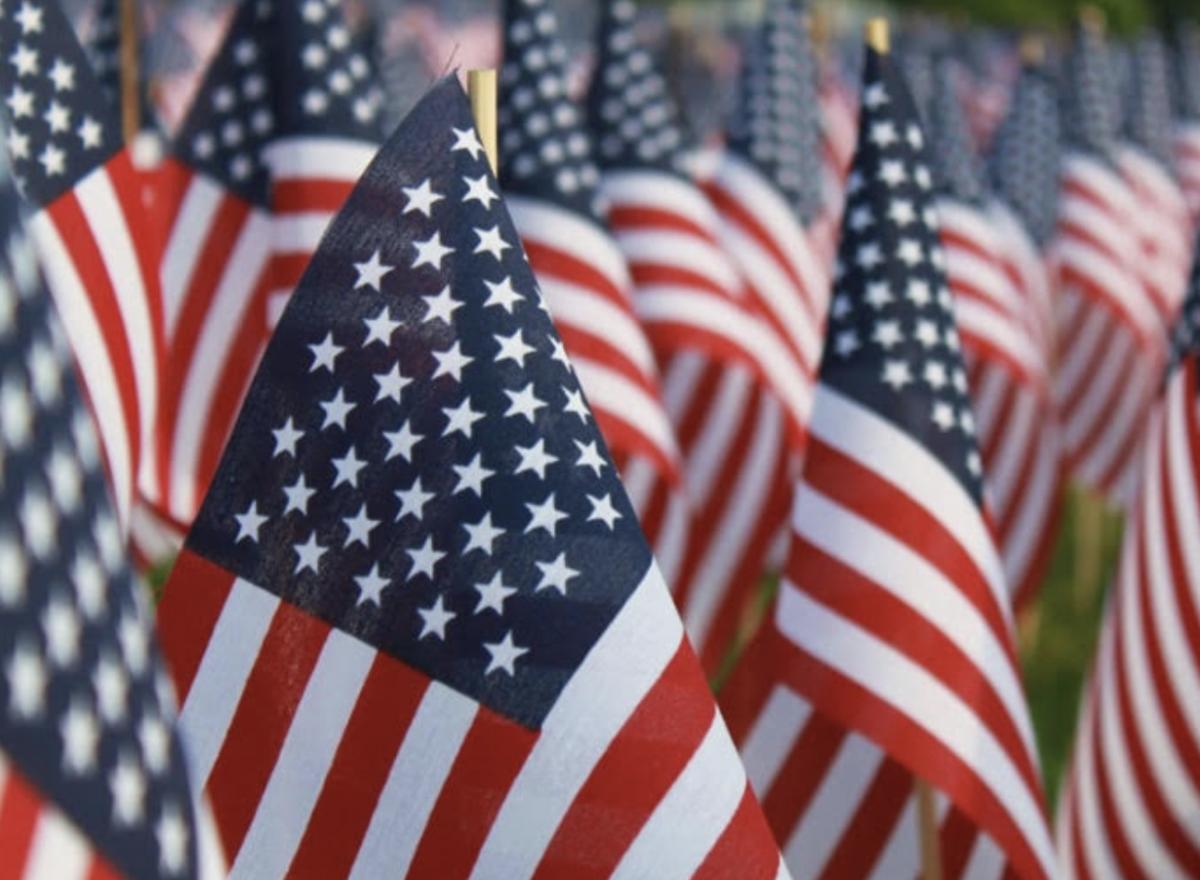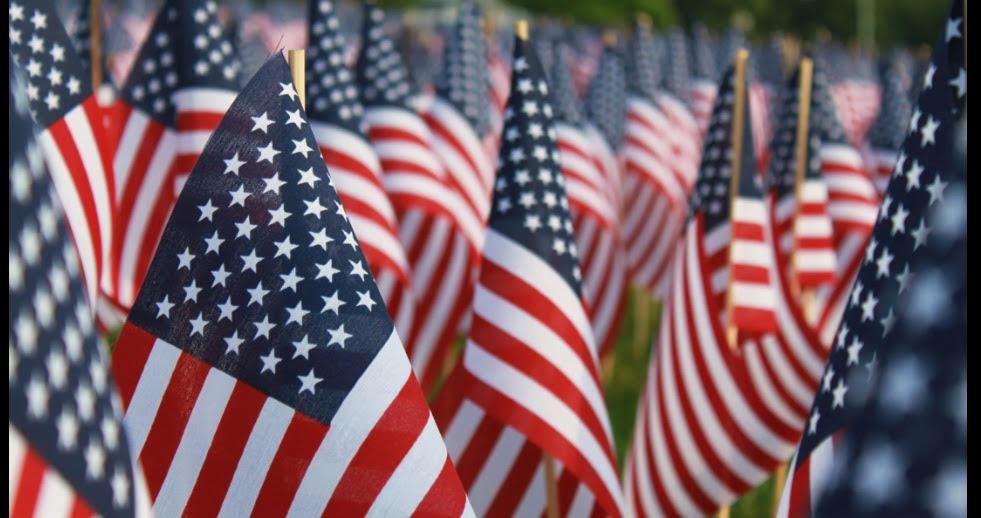At the eleventh hour on the eleventh day of the eleventh month, the guns along the Western Front finally fell silent. Armistice Day, 1918. The Great War—the war that H.G. Wells hoped would end all wars—was over.
Or was it? The armistice had been signed at 5:10 on the morning of November 11, nearly six hours before the deadline, and news of its signing had been conveyed within the hour. But General John Pershing, Commander of the American Expeditionary Force, did not fully approve of terms of the the Armistice and consequently did not order his officers in the field to suspend any new offensives during the hours leading up to 11 o’clock. And in those few hours, there were more than 11,000 new casualties—more dead, injured, and missing than on D-Day, the day of reckoning in the war still to come.
The Armistice that was signed on November 11, 1918 was a cease-fire, not an official end to the First World War. The original duration of that Armistice was 36 days and it would have to be renewed four times before the Treaty of Versailles was finally signed outside of Paris on June 28, 1919. Its harsh terms and the punitive penalties it imposed on Germany would all-but-guarantee that another great war would engulf Europe and the world only twenty years later.
This week, we will pause again to remember what was once called Armistice Day but is now called Veterans Day. We will thank all the men and women who have served this country in peace and in war. And we will pray that we have to put an end to war once and for all, even though we know full well we haven’t.
In my lifetime, America has fought in five more wars: in Korea, in Vietnam, in the Persian Gulf, in Iraq, and, most recently, in Afghanistan. That war, America’s longest, lasted more than twenty years. More than 200,000 people died in Afghanistan, the vast majority of whom were Afghan security forces, Taliban insurgents, and civilians. For many of the nearly 35,000 maimed and wounded American military personnel and civilian contractors, the war still goes on. For many of them, it will never end.
Battles and wars are often enumerated in grim statistics. But statistics fail to convey the horrible reality of war. The forever-absent father or mother, husband or wife, brother or sister, son or daughter: how do we account for the stories of their lives that will never be told? How can we account for all the collateral damage of sorrow and loss, or for the lingering effects of nightmare PTSD, opioid addiction, and suicide? The toll of war is far too heavy to ever be fully understood or comprehended, but remembering, honoring, and thanking those who have served and those who still serve is a beginning.
Two years ago, I wanted to learn more about my father’s service in World War Two. I did some research and wrote a letter to the Army asking for his service record. A year ago, I received a brief reply telling me that many service records of World War Two veterans had been destroyed in a fire at a military archive somewhere in the Midwest. I thought that would be the end of it. Then, three weeks ago I received a small package in the mail. Inside were two medals and a lapel pin: the American Campaign Medal, the World War II Victory Medal, and the Honorable Service in WWII Victory Pin. To be honest, I don’t know what to do with them. For now, they rest on my desk and make me wonder about a part of my father’s life a few years before I came along.
I hope that “Thank you for your service” never becomes just another rote phrase in our national vocabulary. It hardly begins to express my own regard for the selflessness and courage of our veterans. But it’s a good place to start.
I’ll be right back.
Jamie Kirkpatrick is a writer and photographer who lives in Chestertown, MD. His work has appeared in the Washington Post, the Baltimore Sun, the Philadelphia Inquirer, the Pittsburgh Post-Gazette, the Washington College Alumni Magazine, and American Cowboy Magazine. Two collections of his essays (“Musing Right Along” and “I’ll Be Right Back”) are available on Amazon. Jamie’s website is www.musingjamie.com. He served in the Peace Corps.




Write a Letter to the Editor on this Article
We encourage readers to offer their point of view on this article by submitting the following form. Editing is sometimes necessary and is done at the discretion of the editorial staff.